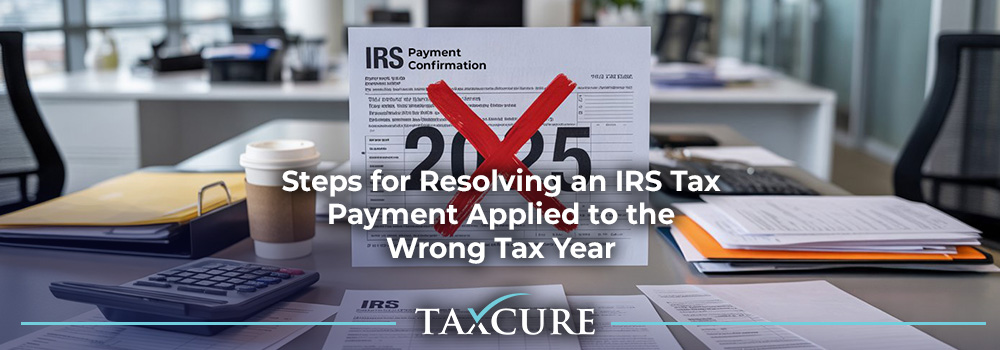
An IRS Offer in Compromise (OIC) program is a legitimate way to settle your tax debt. It allows you to pay less than what you owe, but still meets your IRS obligations. OIC is typically available to those who cannot afford to pay in full, but the application process is complicated.





